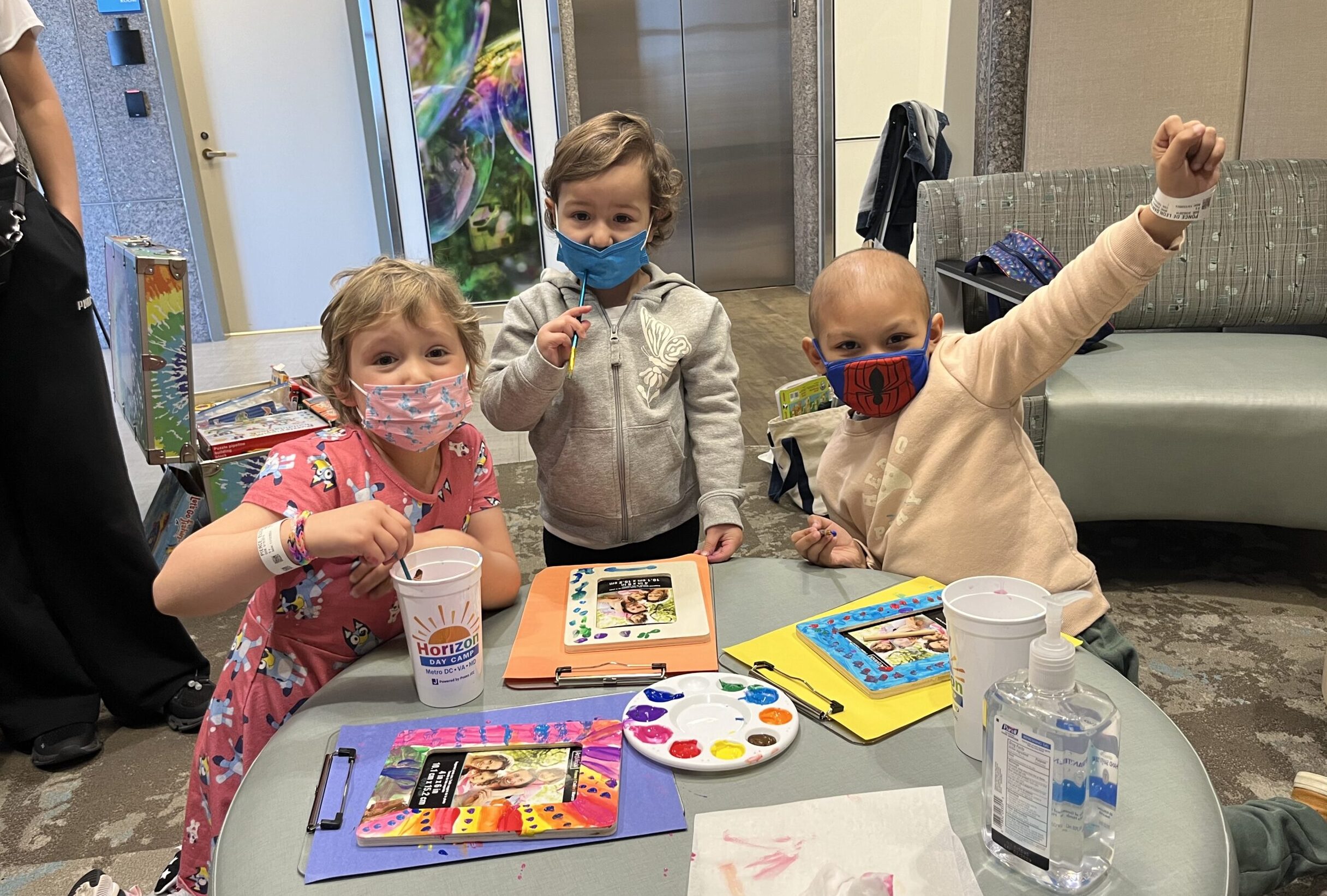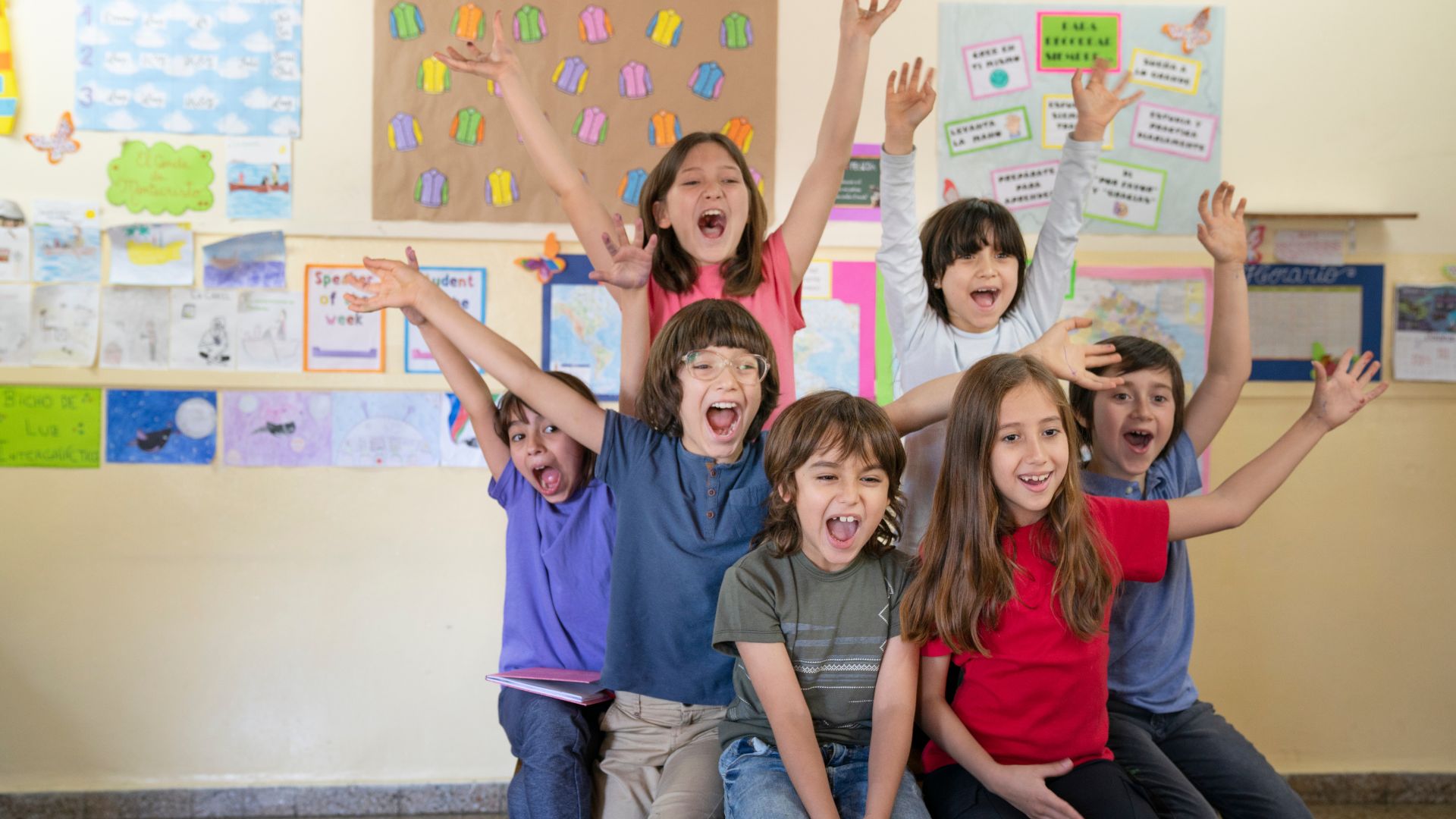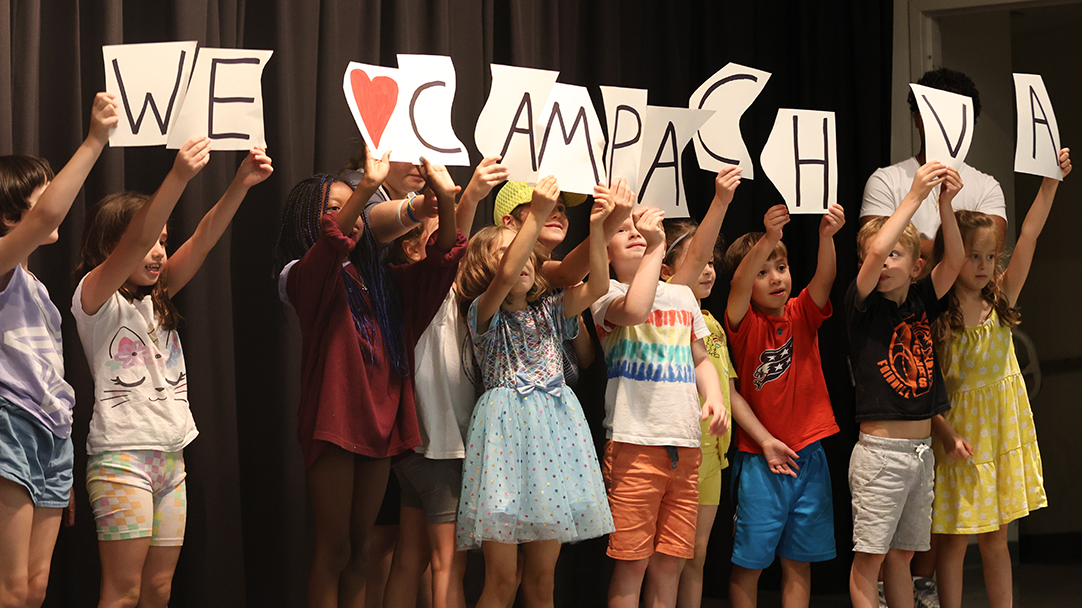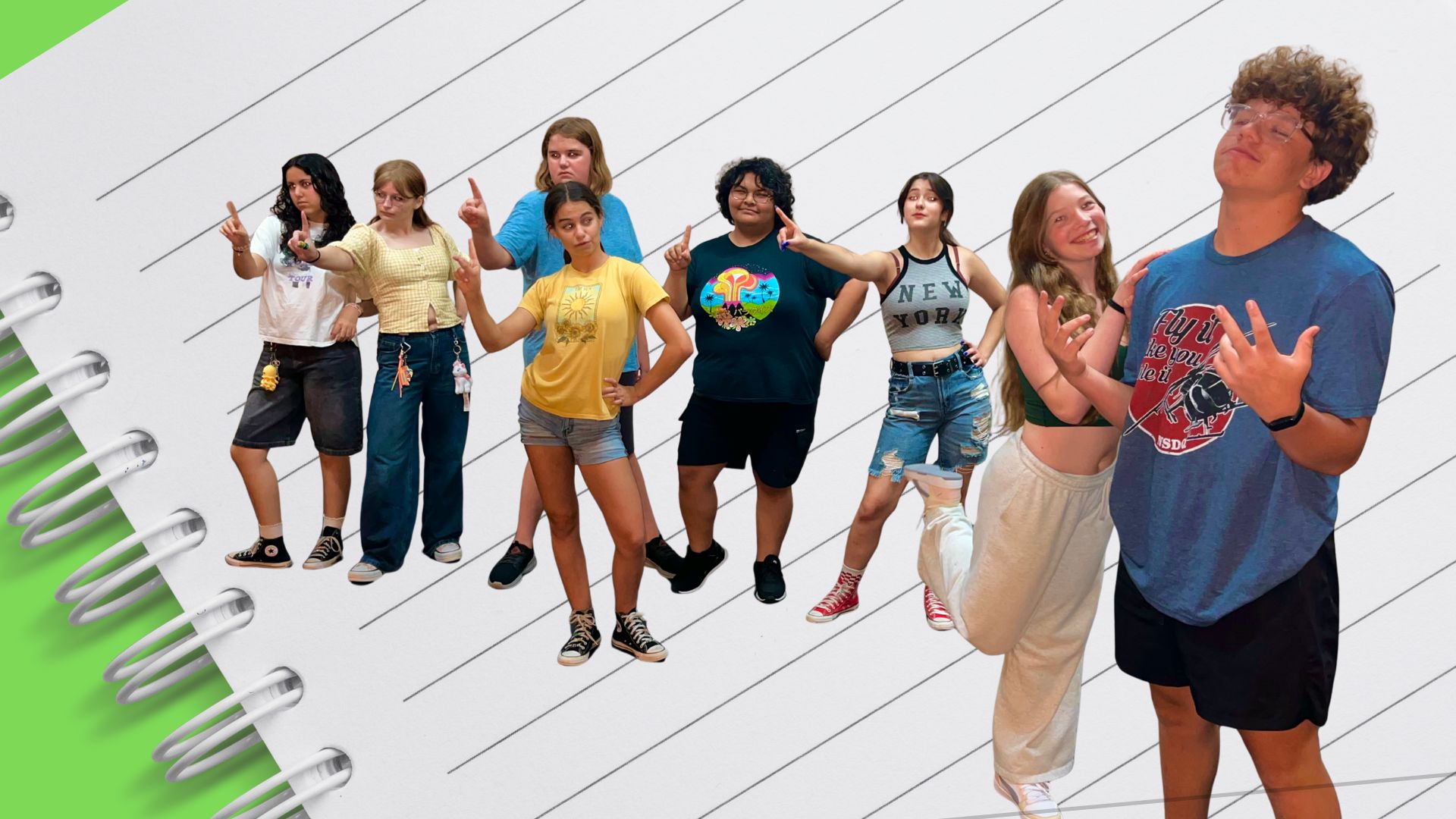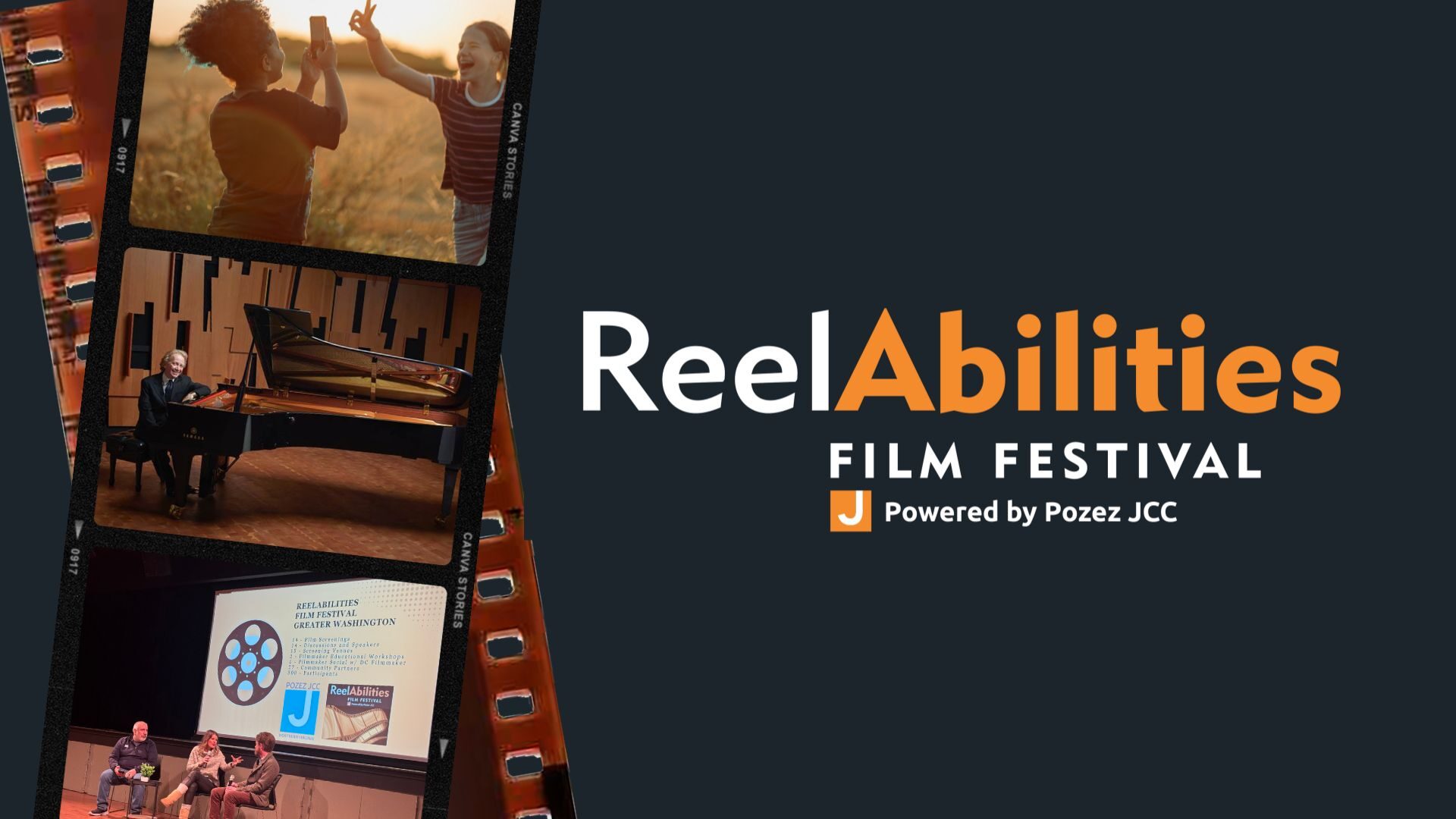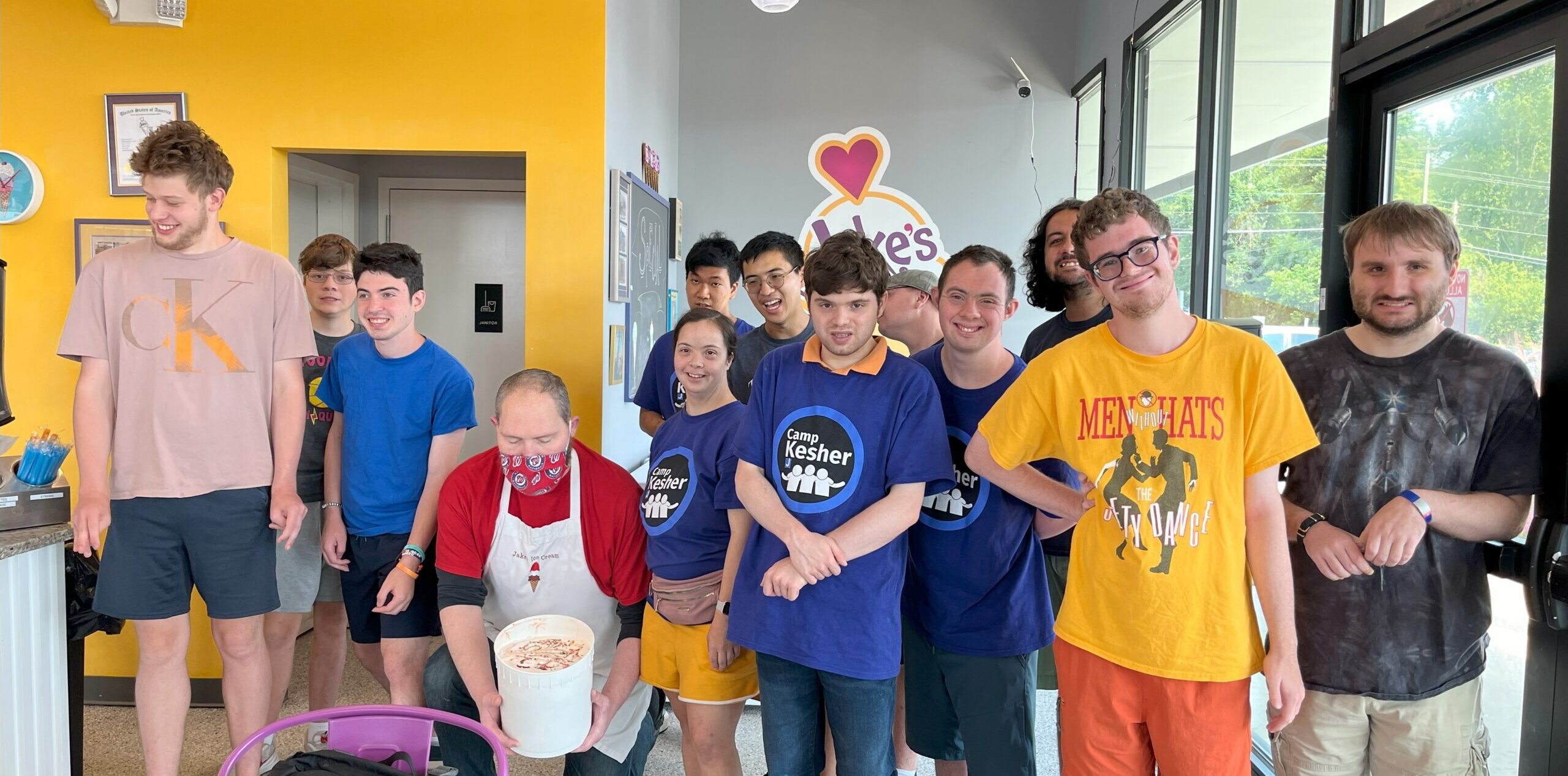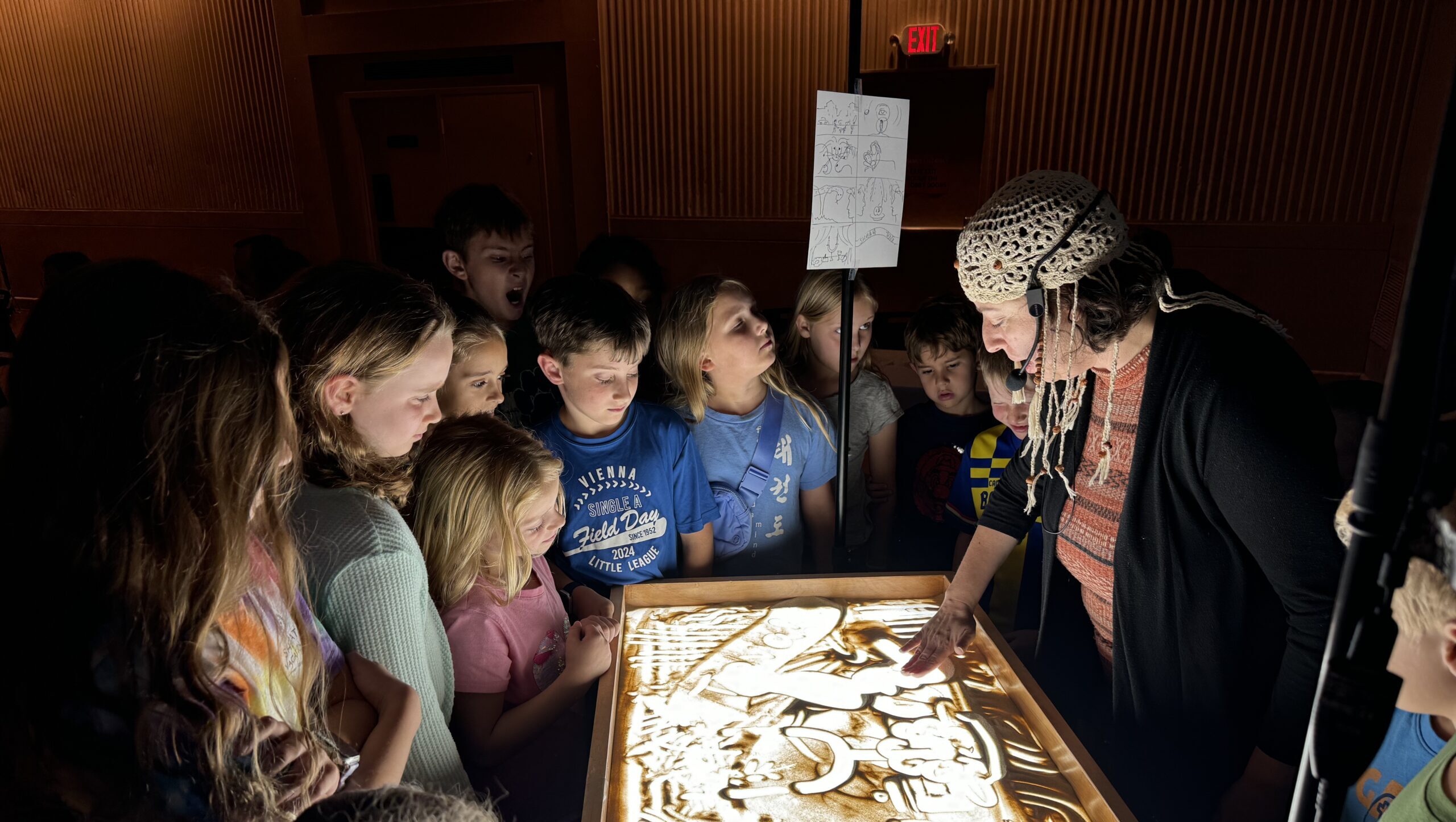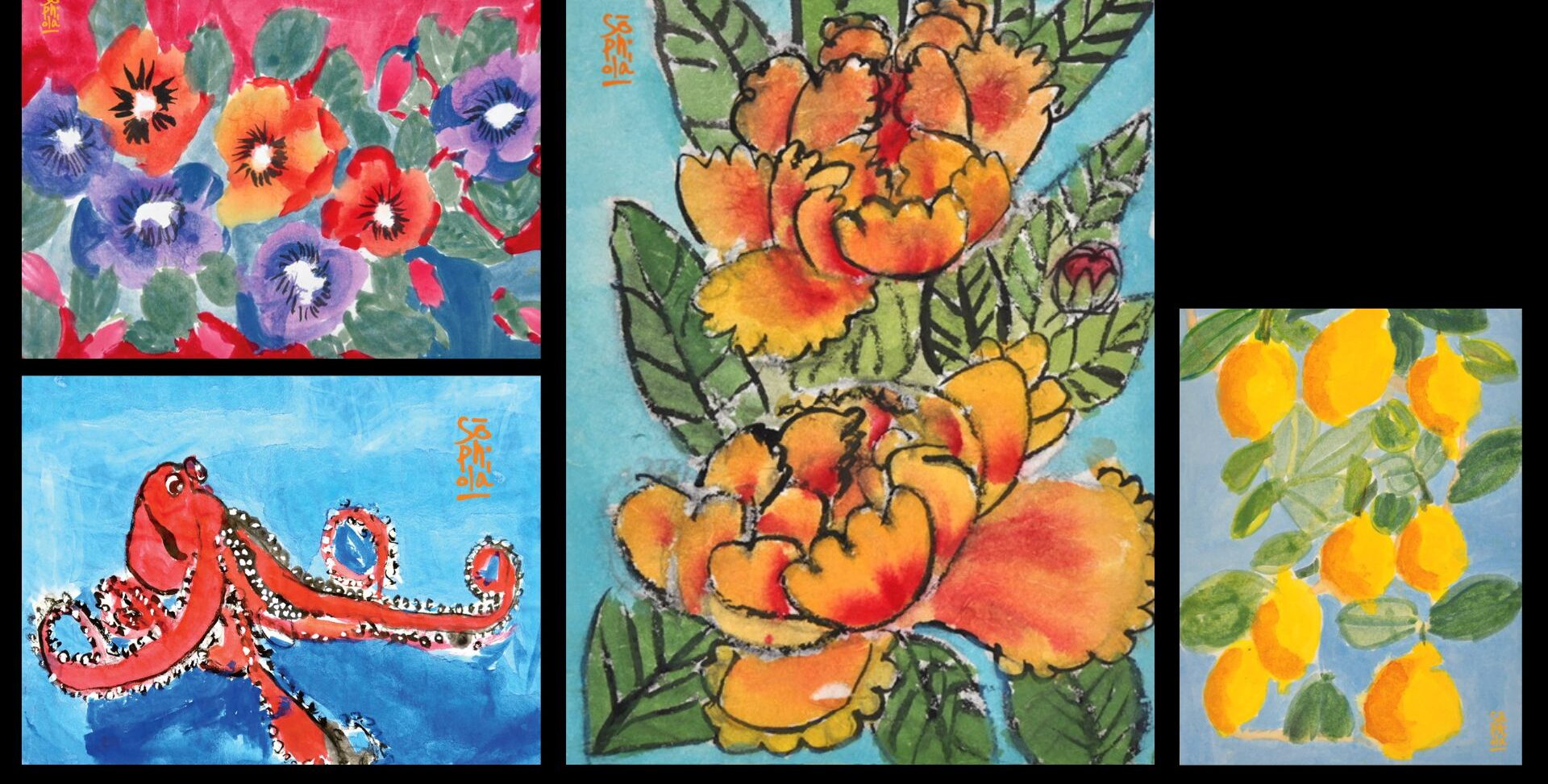At just 7 years old, John has already faced more than most of us can imagine. Since being diagnosed with cancer at the beginning of this year, he has endured seven grueling rounds of chemotherapy. Much of his young life has been spent in hospital rooms, where days blur together and the walls seem to close in.
But then, a knock at the door changes everything.
Sunrise on Wheels, a program brought to our community by the Pozez JCC (the J), rolls in with its rainbow-colored trunk, overflowing with games, crafts, and toys. Suddenly, John’s hospital room isn’t just a place of treatment, it becomes a place of laughter, creativity, and color. It becomes a place where a little boy can be a little boy again.
“During the weekends, there aren’t many activities in the hospital, so when Sunrise on Wheels comes by during the week, it’s a bright spot,” said John’s mom, Jennifer Worthen. “It really helps break up the monotony of being stuck in a hospital room.”
For John, that bright spot often looks like an intense game of Uno or building Lego towers taller than his IV stand. His 9-year-old sister, Claire, loves painting picture frames and birdhouses right beside him. For Claire, Sunrise on Wheels is just as meaningful.
“My daughter really loves joining in on the painting projects and crafts,” Jennifer said. “It means a lot to us because she sometimes feels left out with all the attention on John. Including siblings helps keep the family whole during tough times.”
That’s the heart of Sunrise on Wheels: making sure no one feels left out. This in-hospital extension of the Sunrise Association brings camp-like experiences directly to children with cancer and their families. Thanks to the Pozez JCC’s partnership with Sunrise, staff and volunteers don’t just deliver activities, they deliver hope, companionship, and a sense of normalcy when life feels anything but normal.
“They get so excited the second we walk in the door,” said Kaitlyn Konicki, the J’s Sunrise on Wheels Coordinator. “Some kids have month-long treatment plans, which is a long time to be in the hospital. Knowing they have a special time to look forward to with us brings so much joy.”
Every Monday at Children’s National Hospital in Washington, DC, and every Tuesday at Inova Schar Cancer Center in Fairfax, VA, Sunrise is there, transforming hallways into playgrounds and patient rooms into art studios.
“Tuesdays are one of the busiest days now in the pediatric outpatient infusion clinic because families specifically ask to come then,” Kaitlyn shared. “That kind of enthusiasm from families and hospital staff is pretty magical.”
Sunrise on Wheels embraces all children facing complex medical challenges, from cancer diagnoses to blood disorders to bone marrow transplants. The guiding philosophy is simple but profound: no child is ever turned away.
That philosophy has made all the difference for families like Ula Holland’s. Her daughter, Layla, was diagnosed with Acute Lymphoblastic Leukemia in December 2023.
“Layla’s clinic visits can be tough,” Ula said softly. “She often feels nauseous and tired. But after we started visiting Sunrise on Wheels, I noticed a real change. She started talking about the crafts she made and the games she played instead of focusing on her treatment. She loves drawing and arts and crafts the most – painting, creating watercolors, decorating picture frames.”
Layla has a twin sister and a younger brother. With her husband serving in the military, Ula often juggles caregiving alone. For her, Sunrise isn’t just about the crafts, it’s about breathing space.
“I often take a quick break to make phone calls or use the restroom, and I know she’s happy and safe,” she said. “The volunteers aren’t just providing activities, they’re building relationships, remembering Layla’s name, and making her feel seen and special. That warmth means everything.”
Jennifer uses that time to catch up on the two jobs she works.
“I’m still working full time remotely and running a side business,” she explained. “When Sunrise is here, it gives me a break to get work done or take a meeting. It’s a difficult balance, but Sunrise makes those tough days easier.”
Since January 2024, nearly 350 families have experienced that magic through Sunrise on Wheels, families whose children range from infants to young adults in their early 20s. The smiles, laughter, and hugs that fill the hospital halls each week are testaments to the volunteers’ dedication and the partnerships forged with hospital staff.
“It’s challenging but so worth it,” Kaitlyn reflected. “Helping someone forget for a half hour that they’re in a hospital is powerful. Families visibly relax when we come in. Shoulders drop, smiles appear, and there are always hugs. We’re here to give these kids the fun and joy they deserve.”
For children like John and Layla, Sunrise on Wheels doesn’t just brighten hospital days, it restores childhood, even in the hardest moments – a living expression of the J’s mission to build community, create belonging, and bring joy to each and every family.
To learn more or volunteer with the J’s Sunrise on Wheels program, visit thej.org/volunteer/sunrise-on-wheels.







